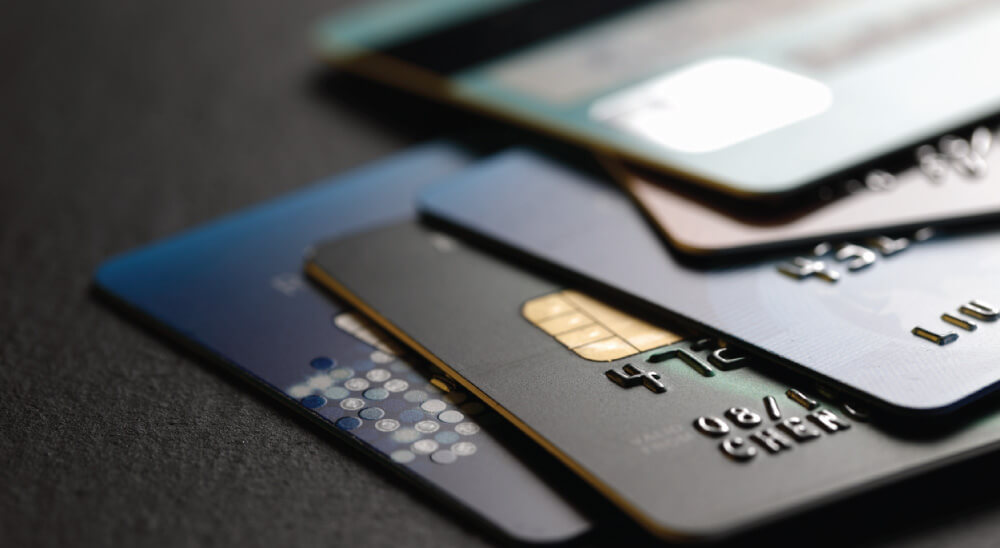They say imitation is the highest form of flattery, but the real thing is no joke. Identity theft can be scary and overwhelming. Recovering after someone has spent everything you have is tough. If you are a victim of fraud, it’s important to know that you aren’t helpless, though. I’ve compiled a quick and simple guide to getting through the worst of having your identity stolen.
The biggest problems you need to deal with when someone steals your identity are protecting your credit and avoiding debt. If a thief manages to steal all of your money and they keep spending money you don’t even have it can take years to recover and affect your ability to buy a house or rent an apartment, get credit cards, and sometimes even get jobs.
Take Immediate Action
The first thing you should do if you believe you are a victim of identity theft is report it. Doing so will make it harder for anyone to take money you already have/ will hopefully prevent you from being liable for the thief’s tab too. If you aren’t sure who to report it to, the Federal Trade Commission, the police, and your bank are good places to start.
If you know where false charges have been made in your name, you should notify the businesses immediately. At the very least, this should stop them from doing business with a fraud in the future, and they may be able to help find the thief trying to ruin you.
After calling anywhere you know fraud has occurred, you can place a fraud alert on your credit and ask for a credit report from the three credit bureaus. Your credit report should contain records of anywhere your credit is being used, and you can go through to find out fraudulent uses. This makes it way easier to do damage control.
Next, you can freeze your credit. If you decide to do this, it prevents anyone from taking out any loans in your name or opening up credit cards/ bank accounts. Basically, anything where a credit check is needed, will be stopped. If you need it, you can arrange for your credit to temporarily be unlocked (since you won’t be able to do anything new with it either!). A credit freeze prevents new accounts in your name but doesn’t protect existing accounts.
Take Back Control
Once you’ve made all the calls and notified everyone who might need to know, it’s time to shut down the fraud at the source. With the credit reports you received from each credit bureau, you can start closing fake accounts and getting rid of false charges. It’s a lot of work, but it’s way better than letting someone else spend all of your money.
Now that you know which parts of your credit reports are right and which are fraud, it’s time to report back to the credit bureaus. Arm yourself with all the proof you have and explain to them where a stolen identity has affected your credit report so that they can correct it. Having bad credit can follow you for a long time and can be difficult to recover from.
If you need help or aren’t sure how to fill out all the reports, you can find plenty of resources online. The Federal Trade Commission has a very helpful page laying out the steps for recovering from identity theft. It also lays out all the contact information you might need for the credit bureaus, as well as extra links for special cases.
Protecting your identity
Moving forward there are steps you can take to protect yourself so nothing like this happens again. Even if you haven’t experienced identity theft, you can still take precautions, so you never have to go through it in the first place.
Credit Monitoring
Credit monitoring is a service that tracks spending patterns on accounts that use your credit. If something changes or there is potential fraud, a credit monitoring service will notify you ASAP so you can take action sooner rather than later.
Avoid Scams
Be careful of you who give your information out to. Do not give anyone your social security number or any other sensitive information over the phone! Avoid giving out more information than necessary in any circumstance unless it is a government body.
Be Vigilant
Go over your bills and financial statements so you can pick out anything that might be wrong. You should also take care to shred receipts, credit card applications, account statements, and anything else related to money or personal information.
Another step to protecting yourself is to never leave mail uncollected for long periods. You wouldn’t want someone to fill out one of those credit card offers in your name! If you know you’re going to be away for a while, you can notify your local post office to hold your mail until you get back too.
Be proactive
The key to dealing with a stolen identity is getting in ahead of the problem if you can. It’s a lot easier to cut off access than it is to pick up the pieces after a thief has stolen everything from you. If you look, there are a bunch of resources that can help you figure out how to protect yourself.
Financial planning is important. Are you prepared to handle everything life throws at you? Retirement is a big one, too The earlier you start, the better off you’ll be. Good thing we covered the basics!
Do you know what your credit score is?




